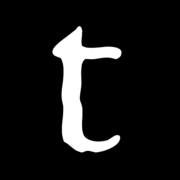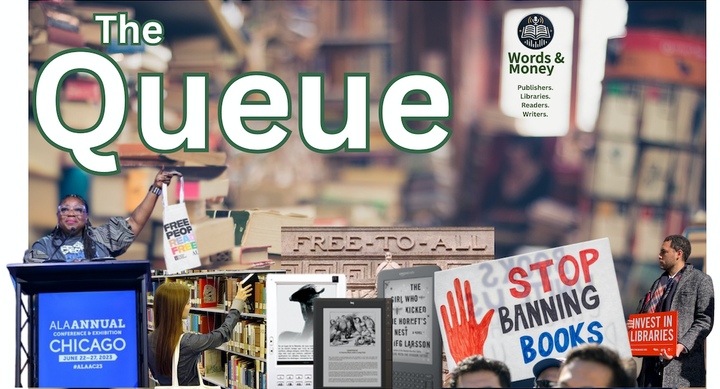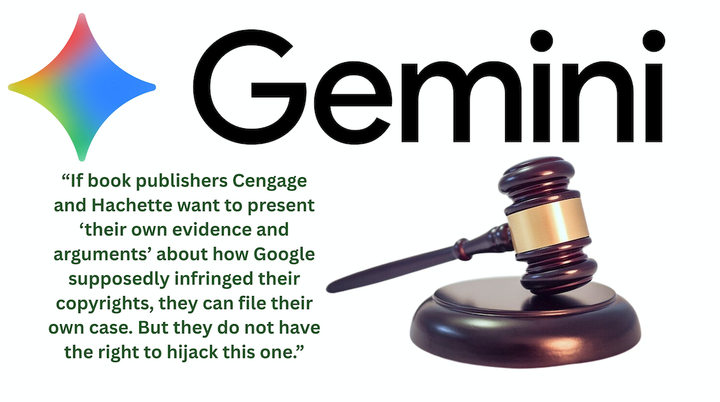The Queue: Library News for the Week Ending October 31, 2025
Among the week's headlines: Llano County lawyers don't want the Supreme Court to review a key book banning case; Texas school boards are asking Chat GPT to help identify books to ban; tech lobbyists want Trump to stop copyright lawsuits over AI; and a new Dr. Seuss book is set for 2026.
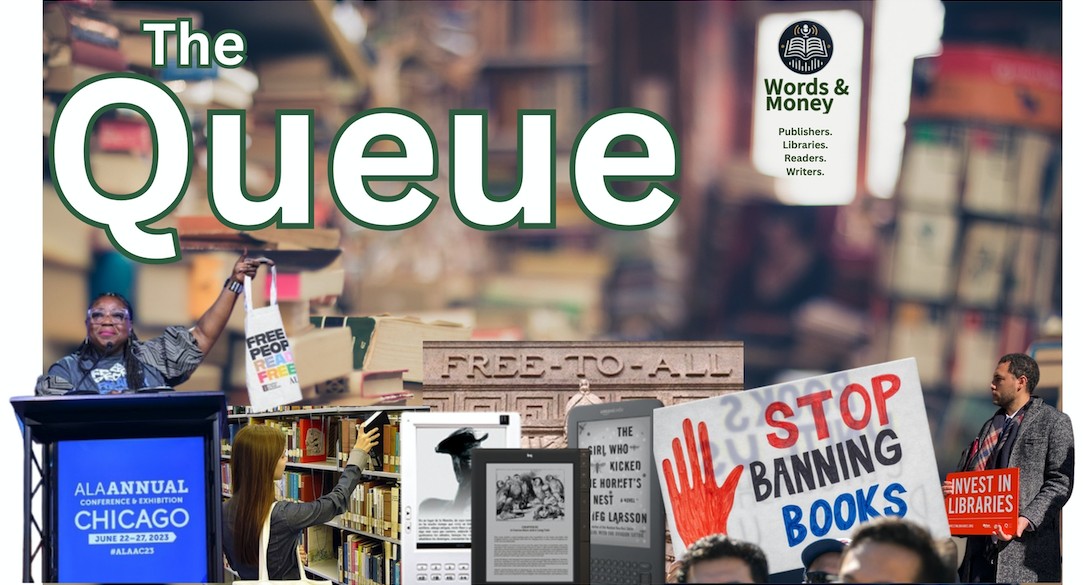
As we reported last week, there has been a strong push for the Supreme Court to take up a 2022 Texas book banning case, Little v. Llano County, that could have massive implications for the future of libraries. Since October 14, no less than seven amicus briefs have been filed by freedom to read supporters urging the high court to review the controversial decision issued by the U.S. Court of Appeals for the Fifth Circuit, which in May reversed a district court's finding of censorship by finding that there is no First Amendment right to receive information in libraries.
Now, in an October 24 opposition brief, which was filed just after we went to press last Friday, the Llano County defendants are asking the Supreme Court not to hear the case—at least not for now. "The Court will eventually have to resolve whether (and to what extent) the Speech Clause prevents government-owned libraries from removing materials in their collections—especially in light of the confusion and uncertainty produced by the splintered decision in Board of Education v. Pico," lawyers for the Llano defendants concede. "But this is not the case in which to do it."
That's a surprising argument, considering that the Fifth Circuit had to overrule its own 30-year old precedent in Campbell v. St. Tammany Parish School Board to get to its decision. Equally puzzling is the contention that, rather than take the lead as a slew of controversial book banning legislation and litigation continues in states across the country, the highest court in the land should just sit back and wait for more cases currently on appeal to play out.
Specifically, lawyers cited three cases the court should wait for: in the Eighth Circuit, Penguin Random House v. Robbins (in which a district court found Iowa's sweeping book ban provision in SF 496 unconstitutional); in the 10th Circuit, Crookshanks v. Elizabeth School District (in which a lower court found that 19 book removals in a high school were unconstitutional); and in the Eleventh Circuit, Parnell v. School Board of Escambia County (in which a district court, leaning on the Fifth Circuit's decision, agreed there is no First Amendment right to receive information in a school library).
But amid all the spaghetti on the wall in the Llano County brief, this claim takes the prize: there's no risk to waiting to hear the case, lawyers told the high court, because libraries in the three states under the Fifth Circuit's jurisdiction (Louisiana, Mississippi, and Texas) are "unlikely to begin purging controversial books from their collections" because "the possibility that this Court may someday repudiate the Fifth Circuit’s view looms large" and "no library or municipality wants to be hit with a lawsuit." This as large numbers of books are set to be pulled from school library shelves across Texas under a new state law, SB 13, which is now in effect.
Stay tuned. The plaintiffs in the Llano County case are due to file their response with the Supreme Court soon.
With Passage of H.B. 13, Texas School Boards Are Using AI to Search for Books to Ban

This is chilling, and yet totally expected. The Houston Chronicle reports that with the passage of HB 13, a new Texas state law that seeks to ban allegedly "sexually explicit" books from the state's school libraries, school board members are now turning to AI for help.
"Pearland school board members knew they couldn't personally vet hundreds of books for 'indecent' or 'profane' content prohibited under a new state law. So when they met this fall to consider a 1,400-title purchase list, they had to either trust their librarians' recommendations or find another way to weed out potentially problematic material... Their solution: ask ChatGPT," the article states. "Katy ISD, Leander ISD, and New Braunfels ISD all confirmed to Hearst Newspapers that they also use AI tools to help identify potentially non-compliant titles."
It's hard not to play the tape to the end: What happens if the Supreme Court agrees that politicians can order books removed from libraries for any reason, and Chat GPT can identify books they'd never read but would like to ban anyway?
Utah Bans 19th Book Under New State Law, Thirteen Reasons Why

Via KSL.com,news that the Utah State Board of Education last week ordered another book to be banned from school libraries under a recently passed state law, H.B. 29. The book, the 19th to be banned statewide, is Jay Asher's Thirteen Reasons Why.
H.B. 29 law stipulates the that a book must be pulled from libraries statewide if "at least three school districts or two school districts and five charter schools determine that a book contains 'objectively sensitive' material—pornographic or otherwise indecent content, as defined by Utah code," the story explains. "Sharon Turner, the board of education's director of public affairs, said Thirteen Reasons Why was removed due to having 'one or more pages' that contained a description or depiction of fondling or other erotic touching of the genitals or pubic region."
Eschewing a U.S. Tour, Bestselling Canadian Author Louise Penny to Speak at Border-Straddling Library

The Haskell Free Library and Opera House, which famously straddles the border between the U.S. and Canada, has been in the headlines this year as the Trump administration cracked down, barring Canadians from using the U.S. side's grand front entrance, and requiring Canadian library users to instead report to a legal U.S. port of entry first before entering through a back door. But this weekend, reports VT Digger, the Haskell will be back in the news, as bestselling Canadian author Louise Penny, who has said she will not tour the U.S. in protest over President Trump's trade war, will hold two sold out readings at the 400-seat venue, the proceeds from which will reportedly be used to spruce up a back door emergency exit that now serves as the Canadian entrance.
"Penny’s 20th Gamache book, The Black Wolf, hit stores Tuesday and immediately skyrocketed up online sales lists," the outlet reports, adding that the Haskell plays "a pivotal role" in the book. "But disheartened by a U.S. trade war, the author has dropped a 20-year tradition of touring her country’s southern neighbor." Enter the border-straddling Haskell. "If you do come to one of the Haskell events it would not hurt to bring your passport," Penny nevertheless warned people online, the Digger goes on to report. “A few months ago saying that would have sounded ludicrous, but we are living in times when the ridiculous is made manifest.”
Nobel Laureate and Trump Critic Wole Soyinka Reportedly Barred from Entering the U.S.

Speaking of the ridiculous being made manifest, the BBC reports that Nigerian Nobel laureate Wole Soyinka's U.S. visa has been revoked, effectively banning the 91-year-old author from entering the country. "The Nobel laureate has previously held permanent residency in the U.S. but renounced it in 2016, tearing up his green card in protest of President Donald Trump's election," the BBC reports. "He said his recent comparison of Trump to Uganda's dictator, 'Idi Amin in white face,' may have contributed to the current situation."
After a Fiery Political Assault, Has North Dakota's War on Libraries Cooled Off?

North Dakota Republican Governor Kelly Armstrong won the respect of a lot of freedom to read advocates—and a censure from the Republican party—after he forcefully vetoed the state’s book ban legislation this spring. And this week, InForum columnist Rob Port published an excellent editorial about the state of affairs in North Dakota that will resonate with freedom to read advocates across the nation.
"Since the legislative session ended this spring, our state’s schools and libraries have operated without incident. They continue to provide children with safe and educational spaces, overseen by conscientious adults. That’s reality, and it contrasts sharply with the fantasy promoted by certain activists and politicians, which would have you believe that these places are dens of iniquity overseen by craven adults," Port writes. "And the reason why I can say that our libraries are not a problem is that here, amid the doldrums of North Dakota’s political cycle, when the Legislature is not in session and the campaigns have not yet begun, we hear very little about libraries or library books. Our librarians and teachers are simply doing their jobs, as they’ve always done."
Authors Slam Alabama's New Library Rules
Via the Alabama Reflector, two authors of books targeted by right wing book banners are speaking up about the Alabama Public Library Service's new policies to restrict access by minors to books that include LGBTQ+ themes.
"Patricia McCormick, the author of Sold, a novel about human trafficking and child sexual exploitation, and Megan Pamela Ruth Madison, one of the writers of Yes! No!: A First Conversation of Consent, said the restrictions approved by the Alabama Public Library Service (APLS) Board starting in the summer of 2024 deprive children and teenagers of the ability to learn about issues affecting them and the world," the report states. In a statement, McCormick said new the APLS policy "tells young people, especially those who already feel unwelcome and underrepresented, that their stories do not belong.”
Banning Banned Books Week?

Over at Book Riot, Kelly Jensen leads off her weekly censorship news column with a good piece on how Banned Books Week was, well, banned in many places. "In 2025, we saw more bans on Banned Books Week than in any recorded memory. Thanks to the library workers who participated in an anonymous survey distributed throughout October, we have some insight into what was—and what was not—permitted as a means of raising awareness of book censorship."
Boston Library Consortium Launches 'Digital Lenders' Series

In a release this week, the Boston Library Consortium announced a forthcoming series dubbed the Digital Lenders Forum, which is billed as "a conversation series" about the future of digital lending in libraries. "Through insightful discussions and shared experiences, the forum will dive into the opportunities and challenges of lending various digital resources, from e-books to multimedia collections," the release states. "Whether you’re new to digital lending or a seasoned professional, the Digital Lenders Forum invites you to learn, collaborate, and build the strategies your library and organization needs to strengthen digital lending for all."
Clarivate Releases Second Annual Academic Library Report
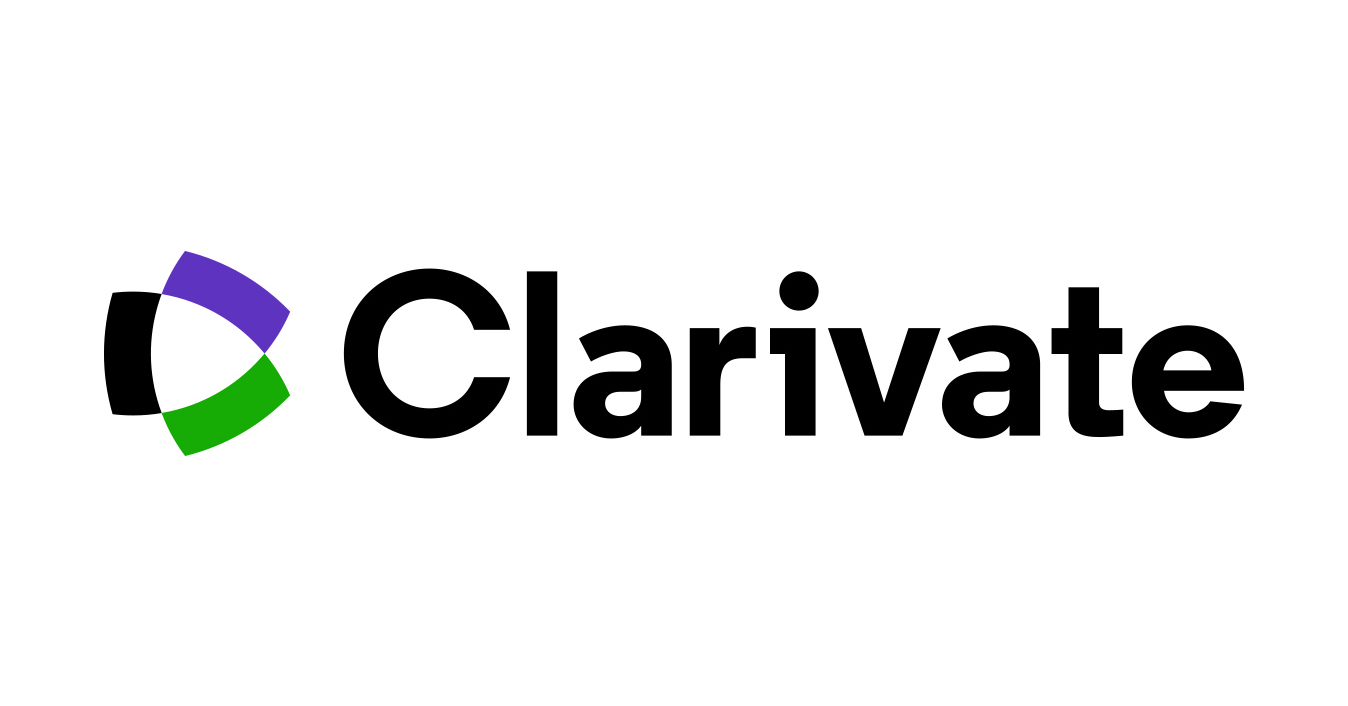
Clarivate this week announced the release of its second annual Pulse of the Library Report. Focusing on academic libraries, the report offers a broad overview of trends, with a significant focus on AI.
"The 2025 Pulse of the Library report draws on insights from more than 2,000 librarians from 109 countries/regions, representing academic, public and national libraries. Building on the first report in 2024, it shows how libraries are adapting to rapid change, in particular considering AI, open science and evolving mission priorities," the executive summary reads. Among the trends observed in the 2025 edition: "More libraries (67%) are exploring or implementing artificial intelligence in 2025 (vs 63% in 2024)," with librarians implementing AI reporting "more optimism."
Tech Group Asks Trump to Intervene In AI Copyright Battles

Via The American Prospect, tech groups are asking President Trump to take executive action to blunt the impact of copyright lawsuits aimed at AI companies.
"The current combination of virtually unbounded statutory damages and their
multiplication by class action has created a dysfunctional marketplace in which licensing practices, litigation strategies, and the arc of innovation are determined not by creative value or technological merit, but by justifiable fear of legal action," reads a letter from the Chamber of Progress to Michael Kratsios, the lead science adviser to President Trump.
"The pleading comes as Anthropic prepares to pay authors $1.5 billion, the largest award in the history of copyright law, for pirating their work, in a settlement announced last month," the American Prospect reports. "OpenAI, Microsoft, Google, and Meta are named defendants in the more than 50 active lawsuits over AI intellectual-property theft."
Library Workers Facing Hardball Tactics in Labor Negotiations

In Truthout, a well-reported piece by former ALA president Emily Drabinksi looks at the challenges library workers in Maryland are facing in negotiating fair labor contracts. "In Anne Arundel County, library leadership announced they signed a contract with Venable, a notorious management-side law firm whose lobbying clients have included Lockheed Martin, Citadel, and American Airlines. Venable’s website boasts of their union-crushing record, including bargaining contracts with an orientation toward deadlock (bargaining “to impasse”) and working to overturn NLRB rulings favorable to labor," Drabinksi writes. "Employers are responding to a library labor movement that has been growing nationwide in response to a range of workplace issues including threats of organized censorship and the mismanagement of COVID closures from the perspective of many frontline workers."
Ohio Tax Uncertainty Leads to Pause on New Branch Project in Columbus

Public libraries in Ohio were already facing a funding cut from the state legislature, but this week, citing further tax uncertainty, the Columbus Metropolitan Library voted to halt plans for a new branch library, reports the Columbus Dispatch. “Announced in January, the new branch would have become the 24th branch serving Franklin County and a capstone to the library system's ‘aspirational building' Concept,” the paper reports. “Ongoing discussions regarding reform of Ohio’s property tax laws and a citizen-led effort to put a constitutional amendment on the ballot that would eliminate property taxes create financial uncertainty for libraries and other entities reliant on property tax revenue,” Columbus CEO Lauren Hagan said.
And Finally This Week...

Apparently some Random House Children’s Books editors recently visited the U.C. San Diego Geisel Library, and lo and behold they found a big bag of money! By that I mean an unpublished original manuscript and cover sketch by Ted Geisel, aka Dr. Seuss, which will now be published by this summer. The book, Sing the 50 United States will release on June 2, 2026, with a first printing of 500,000 copies.
"In addition to the complete text, Dr. Seuss left behind a cover sketch and notes on the overall art direction," a Penguin Random House release notes, adding that the illustrations were completed by popular children’s book artist Tom Brannon, in Dr. Seuss’s style. And more good news, upon publication Dr. Seuss Enterprises and Random House Children’s Books are teaming up with First Book to sponsor "a backpack build" for students in all 50 states, with participating students to receive a backpack with the new book and other Dr. Seuss titles.









